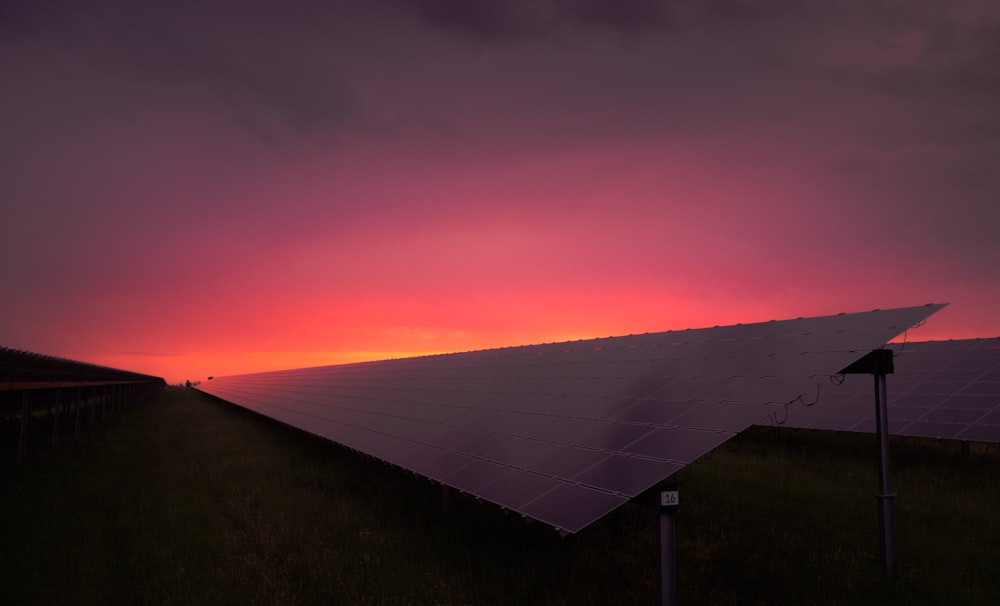
Innovative Spaces: Tech Hub Real Estate Insights
![]()
Unveiling the Dynamics of Tech Hub Real Estate
Tech hubs around the world have become synonymous with innovation, entrepreneurship, and the dynamic energy of the tech industry. As these hubs flourish, the real estate landscape experiences a transformation unique to the needs and preferences of tech professionals. Let’s delve into the intricacies of Tech Hub Real Estate and explore the factors that make it a fascinating and evolving sector.
Epicenter of Innovation:
Tech hubs, often located in vibrant urban centers, serve as the epicenters of innovation. Companies and startups in the technology sector gravitate towards these areas to tap into a pool of talent, collaborate with like-minded professionals, and immerse themselves in the culture of constant innovation. This concentration of tech-related activities profoundly influences the real estate market in these regions.
Demand for Flexible Workspaces:
One prominent characteristic of the tech industry is its affinity for flexibility. Tech professionals often prefer collaborative and flexible workspaces over traditional office setups. This demand has given rise to a surge in co-working spaces, shared offices, and innovative office designs within the real estate offerings of tech hubs. Developers and landlords adapt to this demand, creating dynamic environments that foster creativity and collaboration.
Residential Spaces for Tech Professionals:
As tech hubs attract a diverse workforce, the demand for residential spaces tailored to the preferences of tech professionals rises. Proximity to workplaces, access to cutting-edge amenities, and the integration of smart home technologies become crucial factors in residential real estate within these hubs. Developers respond by creating high-tech and lifestyle-centric residential spaces that cater to the needs of the tech-savvy population.
Upsurge in Mixed-Use Developments:
Tech hubs often witness a surge in mixed-use developments, combining residential, commercial, and recreational spaces within a single project. This trend aligns with the desire for a comprehensive living and working experience. Tech professionals seek integrated environments that offer convenience, reduce commuting time, and provide a seamless transition between work and leisure.
Rising Property Values and Investment Opportunities:
The influx of tech companies and professionals contributes to rising property values in tech hubs. Real estate becomes not only a place to live or work but also a lucrative investment opportunity. Investors recognize the potential for long-term appreciation as tech hubs continue to thrive, making strategic real estate investments in these areas highly attractive.
Infrastructure and Connectivity:
Tech hubs prioritize robust infrastructure and connectivity. Access to high-speed internet, efficient transportation, and proximity to airports are critical factors shaping real estate development in these areas. Tech professionals value connectivity not only within the hub but also to the global network, enhancing the overall appeal of the real estate market in tech-centric regions.
Sustainability and Green Spaces:
With a growing emphasis on sustainability, tech hubs are increasingly incorporating eco-friendly and green spaces into their real estate developments. Sustainable building practices, green roofs, and communal green areas align with the values of the tech community. Developers leverage these features to attract environmentally conscious tech professionals seeking a holistic and sustainable lifestyle.
Challenges in Tech Hub Real Estate:
Despite the allure, Tech Hub Real Estate faces challenges. Skyrocketing property prices, potential for overdevelopment, and the need to balance rapid growth with maintaining a sense of community are some of the issues that developers and city planners grapple with. Striking a balance between meeting the demands of a flourishing tech industry and preserving the essence of the community is crucial.
The Future of Tech Hub Real Estate:
The future of Tech Hub Real Estate looks promising and dynamic. As technology continues to evolve, the real estate landscape will adapt to accommodate the changing needs of the tech industry. Innovations in construction, smart city planning, and the integration of emerging technologies will shape the next generation of real estate developments in tech hubs.
In conclusion, Tech Hub Real Estate is a multifaceted sector influenced by the ever-evolving tech industry. As these hubs thrive and redefine the way we work and live, real estate developers play a pivotal role in shaping environments that resonate with the dynamic and innovative spirit of the tech community.
For more information on Tech Hub Real Estate, visit www.shopgioia.com.



